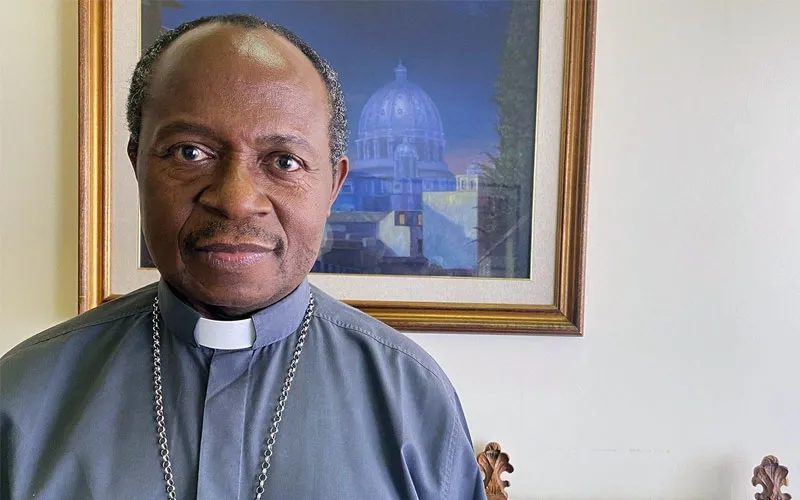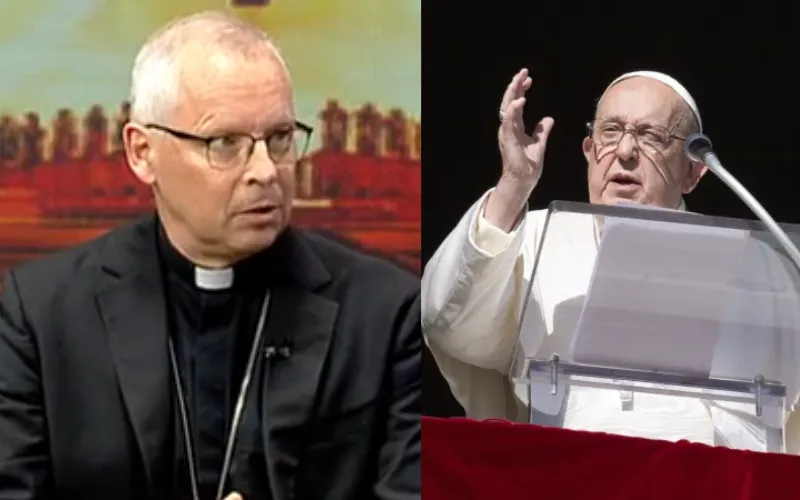Pemba, 13 June, 2022 / 9:15 pm (ACI Africa).
The increasing number of Internally Displaced Persons (IDPs) from the violence-stricken Cabo Delgado Province covered by Mozambique’s Pemba Diocese is overwhelming, the Catholic Archbishop of the country’s Nampula Archdiocese that is playing host to a section of the IDPs has said.
In a Vatican News report, Archbishop Inácio Saúre said that amid limited economic resources, efforts to meet the needs of the IDPs are “like a small drop of water in the ocean”.
“It takes a lot of work to try to meet these new brothers and sisters, to help, to make them feel welcome; but it seems that all efforts are like a small drop of water in the ocean, because the needs are many and the economic resources are limited,” Archbishop Saúre has been quoted as saying in the June 9 report.
He cited language barrier as one of the challenges encountered in attending to the IDPs. He said, “At the pastoral level, for example, in the linguistic diversity of the displaced people who come from the Province of Cabo Delgado into other Provinces, we try to find ways to communicate with them in their respective languages.”
The Local Ordinary of Nampula Archdiocese who doubles as the President of the Episcopal Conference of Mozambique (CEM), said Catholic Bishops whose Episcopal Sees lie in the Northern part of the country meet regularly to discuss the challenges in Cabo Delgado and explore solutions for the good of the people of God affected by the crisis.








